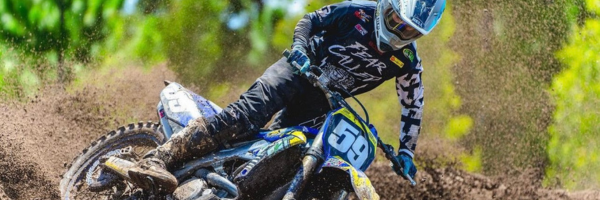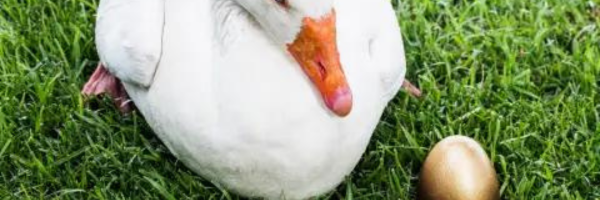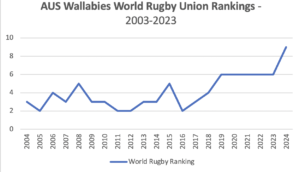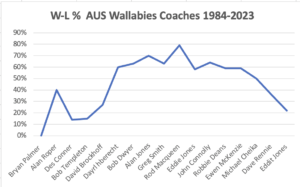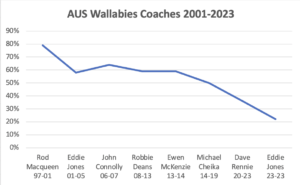Forever 59
This weekend, in the rural Victorian (AUS) town of Wonthaggi, athletes will be suiting up, warming up, and putting their best efforts out there in Round 1 of the Australian MX National Championships. In most years this would just be another season start. However, this event is made more significant because it was at this same round just over twelve months ago that a 20-year-old Queensland-based MX rider paid the ultimate price.
It will be a challenging weekend for all who are connected to the memory of Bradyen’s fatal crash so recently.
Brayden Erbacher’s passing was a tragedy. These tragedies are not restricted to any one sport or individual. The last fatal accident during competition in The Pro motocross championship was the loss of Andrew McFarlane who passed away after crashing at Broadford on May 2nd, 2010.[1]
All elite-level athletes to varying degrees relate to and share the risk-reward challenge of sport, and have immediate empathy for athletes such as Brayden, their family and friends. But what about the sport? Does the sport care enough to honour the legacy of the athlete in moments such as this?
This article reflects on the way motocross (MX) globally has shown they care, and that Brayden will not be forgotten. And in sharing this one-year report card on the sport of MX, I trust that it adds to the legacy of the racer.
Many organizations and individuals within the motocross community since that fateful moment on March 7, 2023, have acted in a way that deserves to be recognized. These include the following.
- Brayden’s family
- Motorcycling Australia
- Rohan Jenkins
- Hunter Lawrence
- Sunshine State MX Series
- The Kilcoy Motorcycle Club
- The Manjimup Motor Cycle Club
- Johnny Hopper
- FIST
- Thrilla
- Brayden
NB. If anyone has been overlooked, I apologize – send me anything I have missed and I will update the article.:
Brayden’s family
Brayden Erbacher’s family bore the grief of losing Brayden Despite this the family had the courage to make statements very soon after:
The below statement was issued through Motorcycling Australia:
“The Erbacher Family would like to thank everyone at Racesafe including the paramedics, first responders and the riders and families that supported us.
“We are beyond proud to call Brayden our son and will be forever grateful for having him in our lives. He is our hero and will be greatly missed.”[2]
The following statement was issued through Channel Nine:
His mother Corinne, issued a statement to Nine News on behalf of the family which paid a loving tribute.
“We are shattered beyond words,” she told Nine News. “On behalf of the family, we would like to thank the whole motocross community for their support today while our whole world fell apart. “Brayden touched the lives of so many, and we were so proud to call him our son.[3]
You will see the family at the MX track every race, impeccably presented in clothing supporting Brayden’s legacy.
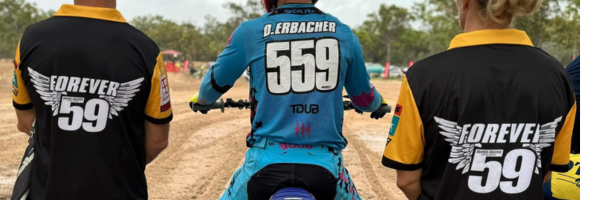
Motorcycling Australia
Motorcycling Australia, the official body of the sport in Australia, cancelled the event immediately after Brayden’s crash (keeping in mind the incident occurred in the first lap of the first moto in the MX2 Class), and issued the following statement the next day:
Official Statement on Brayen Erbacher
Motorcycling Australia, our ProMX Management Team and the wider motorcycling family are today united in grief at the passing of ProMX MX2 rider #59 Brayden Erbacher, who passed away as a result of injuries sustained in race one of Round One of the 2023 ProMX Championship.
Season 2023 was to be Brayden’s second year in the MX2 Championship, the pinnacle series for 250cc Four Stroke machines. Although a late starter in racing compared to some, Brayden had come to Wonthaggi from Queensland with his family and his Roo Systems Diesel Tuning Race Team to take on Australia’s best. His first ProMX campaign in 2022 had seen illness prevent him from competing for the full season, but a vigorous and productive off-season on the push bike, in the pool and in the gym had seen him return to full fitness and he noted “head is down, bum is up, plenty of work to be done…!” in anticipation of a full ProMX season in 2023.
Away from racing, Brayden was a likeable, handsome, and creative young man. He enjoyed his fishing, camping, and playing the guitar. In his own words, he liked “to keep things fun but I’m also a determined person and like a challenge.” In line with his cheeky nature, he said his career highlight to date was “beating Dan Reardon in a 125 race” and listed his hero growing up as US champion motocross racer Ryan Villopoto.
He also noted he was responsible for “making the #59 more famous than Dad ever did…”
While the ProMX Championship is the peak of Australian competition motocross, and our racing is close and often fiercely competitive, we are still a very close-knit community where friendships and camaraderie cross all bike brands, events and sponsors. Brayden’s passing has affected us all deeply.
Today we share the grief and sadness of Brayden’s family and reflect on a good life that was well-lived but tragically cut short. Our thoughts remain with his family and friends, but also with our own wider motocross and motorcycling family, our officials, volunteers, staff, partners, sponsors and of course the fans of this brilliant but occasionally cruel sport.
Motorcycling Australia will continue to co-operate with the relevant authorities as the investigation into the circumstances surrounding this incident continue. We have offered unconditional cooperation and assistance in these matters.
Motorcycling Australia is assisting the Erbacher Family and Brayden’s team at this difficult time.
Rohan Jenkins
Rohan Jenkins set up a GoFundMe account within a week after the crash to support the family, which far exceeded the initial target set.[4]
The organiser of the fundraiser, Rohan Jenkins, wrote that ‘Brayden touched the lives of many, but none more so than his loving family. This fund is set up for friends, family, work colleagues and the wider community to support Ash, Corinne, Damon and Ellie during this difficult time,’ he wrote. [5]
<div class=”gfm-embed” data-url=”https://www.gofundme.com/f/brayden-erbacher/widget/large?sharesheet=CAMPAIGN_PAGE”></div><script defer src=”https://www.gofundme.com/static/js/embed.js”></script>
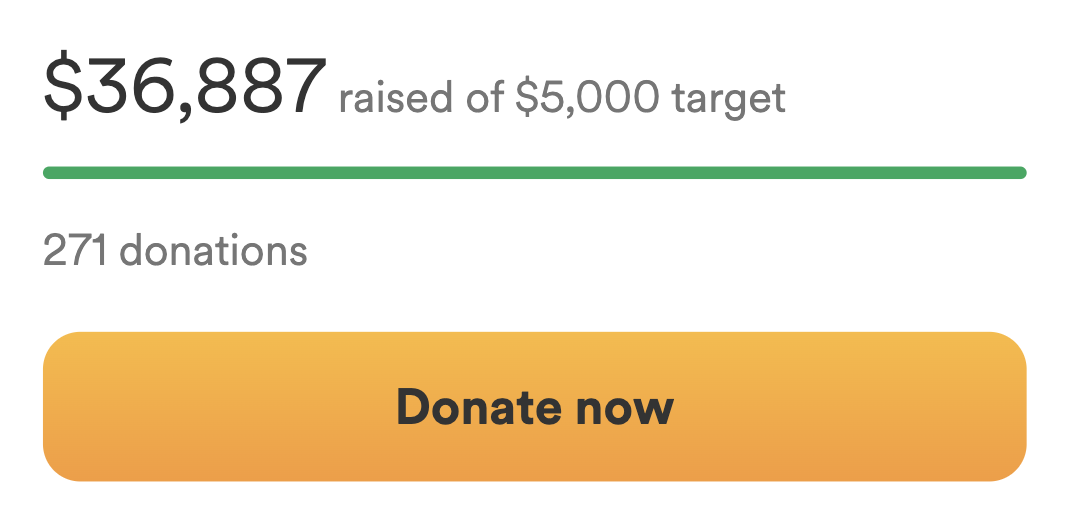 Hunter Lawrence
Hunter Lawrence
Hunter is one of two brothers who may well become the greatest MX exports out of Australia. Hunter was 23 years old at the time of Erbacher’s passing, and from rthe same country. The weekend after Erbacher’s passing Hunter dedicated his 250SX East victory in Indianapolis to Brayden:
“We work so hard for these days and I want to dedicate this to a young Australian rider who lost their life recently, Brayden Erbacher – this one is for you buddy,” red plate-holder Lawrence said from the podium on Saturday evening. “I know you are over there keeping me safe on such a gnarly track.
“I didn’t personally know Brayden, but I can only imagine what his friends, family and the motocross industry back home are going through, so this one is for you and for all of your friends and family buddy – you were riding with me out there and kept me safe on a gnarly track. This one is for him.”[6]
Sunshine State MX Series
The Sunshine State MX Series, a series many pro riders use to prepare for the National Series, created a lap of honour for Brayden shortly after his crash, captured in this video.
The Kilcoy Motorcycle Club
The Kilcoy Motorcycle Club honoured Brayden’s memory later in 2023 with the naming of a ‘Memorial Club Championship Trophy’:
The Kilcoy Motocross Club has honoured the memory of club member Brayden Erbacher in its end of year presentation on Saturday, dedicating the Brayden Erbacher Memorial Club Championship Trophy.
Brayden’s family Corrine, Damon, Ellie and Brayden’s partner Emily, were there to present the Trophy which was won by 16-year-old Jet Doyle-Andrews. Jet was the club’s Mini Lites Big Wheel A grade overall champion and junior lites A grade overall champion, and was honoured to receive the award which carries the name of his friend. Brayden’s Mum Corrine thanked the motocross community for their love and support and for keeping Brayden’s memory alive.[7]

The Manjimup Motor Cycle Club
A MX club in the regional area of Manjimup, the Manjimup Motor Cycle Club, located 307km south of Perth in Western Australian, issued a statement post Brayden’s passing askin[8]g “…all competitors and attendees at the first round of the 2023 South West Championship Series to wear black armbands in Brayden’s memory. “For a sport that can bring great happiness and elation, it also comes with times of great heartbreak and sorrow,” the club said.
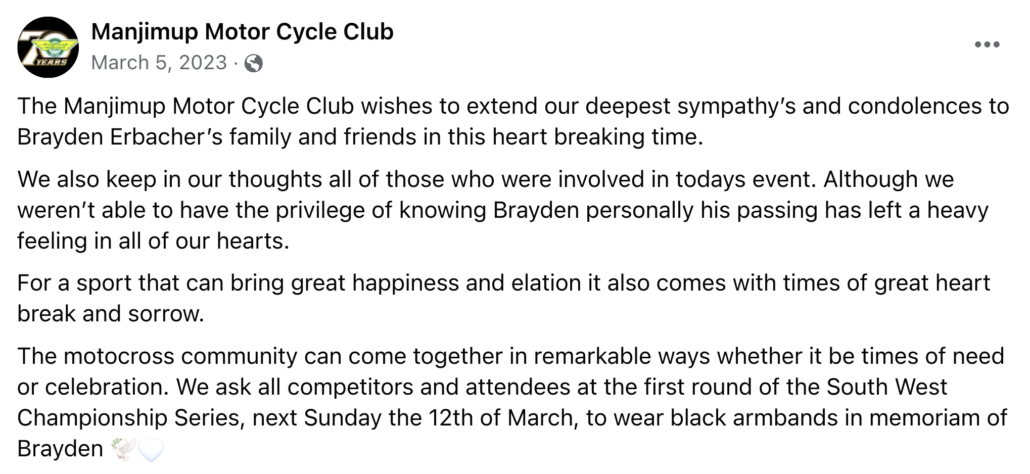
Johnny Hopper
US social media commentator and off-road racer Johnny Hopper dedicated a show to the legacy of Brayden and US racer Ryder Colvin.
Moto Limited
Moto Limited, ‘a moto-centric group of podcasts dedicated to reviewing Motocross and Supercross in the US and Australia’, remastered a show in honor of Brayden.
“This special podcast is in honour of an amazing human. Brayden Erbacher was one of those people that don’t come around very often. A genuine person that was full of character, always down for a good time, and very respectful. He would give his shirt off his back for anyone regardless of who you were.
My thoughts go out to Ash, Corrine, Damon, Ellie, and the rest of his close friends and Family. I can’t believe he’s gone but he will never be forgotten. Rest Easy Mate.”

FIST
Australian handwear company FIST have produced and sell a glove they call the BRAYDEN59 Glove ‘Celebrating the life of Brayden Erbacher, with all proceeds going to the Erbacher Family.’



Thrilla
Australian BMX, MTB, and MX shirts, pants, accessories, and riding gear company Thrila have produced and sell a Brayden Tee titled ‘Honour Brayden’, where all proceeds go to the Erbacher Family)
 .
. 
Brayden
It would be remiss to leave Braydon out of the acknowledgement. Brayden’s contribution to his legacy is a combination of the who he was, the connections and impressions he made with and on others, his achievements, and the artefacts he created e.g. Instagram.
This post from younger brother Damon Erbacher gives insight into Brayden’s contribution;
“You were the best big brother and I looked up to you every single day. You guided me through life to this point and for that I’ll always be grateful,” the younger Erbacher said on Instagram.
“I’ll forever be grateful for the time spent with you, you always were my No. 1 role model and the way you carried yourself through life is an inspiration to many … You’ll be missed dearly. You’ll always be my big bro.”[9]
Conclusion
Risk is inherent in sport. This risk involved in sports could be placed on a continuum, however it is a constant. What is perhaps not as constant are the responses of a sport as a community to those times when risk causes loss. The aim of this article is to acknowledge the impressive way in which the Australian motocross community has responded to the death of one of its riders, both at the time and in the time since.
In my five decades of involvement in a wide range of sports at the highest level throughout the globe, I’ve had the opportunity to witness how sports and sports communities respond to tough times. I have been impressed with the way the sport of MX has supported the Erbacher family and honoured the legacy of Brayden through to the first anniversary of his passing.
Forever 59!
References
[1] https://www.fullnoise.com.au/fullnoise-news/queenslander-brayden-erbacher-dies-at-promx-opening-round/
[2] https://www.ma.org.au/official-statement-on-brayden-erbacher/
[3] https://www.theage.com.au/national/victoria/family-shattered-beyond-words-after-young-motocross-rider-dies-after-fall-20230305-p5cpla.html
[4] https://www.gofundme.com/f/brayden-erbacher
[5] https://www.dailymail.co.uk/news/article-11856905/Motocross-rider-Brayden-Erbacher-GoFundMe-raises-thousands-mum-friends-pay-tribute.html
[6] https://www.motoonline.com.au/2023/03/13/lawrence-dedicates-indy-win-to-brayden-erbacher/
[7] https://www.mqld.org.au/kilcoy-club-honours-braydens-memory/
[8] https://www.triplem.com.au/story/shattered-beyond-words-tributes-flow-for-20-year-old-motocross-rider-killed-in-victorian-event-213769
[9] https://www.foxsports.com.au/motorsport/motocross-rider-brayden-erbacher-20-killed-in-national-championships-tragedy/news-story/0f3eff35cc188a53ba848d8390e2ed96

